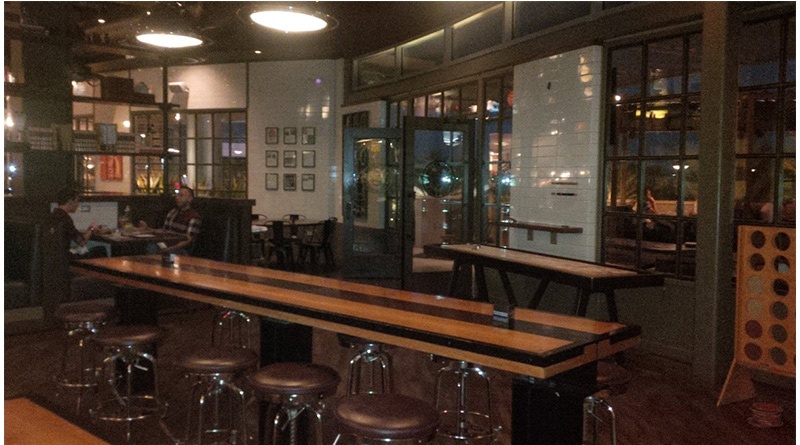Omicron Hits Festive Trading and Highlights Need for Support

After a tough 2020 and early 2021, CGA’s latest research shows how new COVID-19 concerns and Plan B restrictions threaten to dramatically impact Christmas sales across hospitality.
The latest developments are likely to derail a short-lived recovery since the full reopening of hospitality in July. CGA’s Volume Pool market measurement service has shown that managed groups were able to drag like-for-like sales back towards pre-pandemic levels over the Summer, and between early September and late November they hovered at around 98% of the corresponding weeks in 2019.
This had raised market confidence, with the Business Leaders’ Survey from CGA and Fourth in early December showing that two in three (66%) bosses were optimistic about the next 12 months for their business, and four in five (80%) reporting that they were currently making a profit.
However, consumers’ concerns about the Omicron variant and Plan B restrictions have had an immediate and damaging effect on trading, with drinks sales in double-digit decline on 2019 for three weeks in a row now. Storms Arwen and Barra have also disrupted trading, and the latest CGA Coffer Business Tracker indicated that managed groups achieved 2021-on-2019 growth of only 2% in November—well below inflation.
This will add to the huge losses already incurred by the sector, which the latest UKHospitality Quarter Tracker estimates to be worth around £73bn over the 12 months to end-September. In contrast, the tracker showed annual revenues of over £130bn in 2019, highlighting the impact the pandemic has had on the sector. The drop in trade also threatens thousands of Britain’s licensed premises, whose numbers have already slipped by nearly 10% since the start of the pandemic, according to the latest Market Recovery Monitor from CGA and AlixPartners. This includes more than 7,000 independent outlets, which have been particularly vulnerable to lockdowns and restrictions.
The latest threats to trading come on top of multiple other challenges in the sector at the moment, including staffing, supply and rising costs. The latest Business Confidence Survey from CGA and Fourth suggests 14% of staff roles are currently vacant, while nearly all (99%) leaders are experiencing supply chain issues. Around nine in ten said they faced higher supply costs (91%), reduced or unavailable product lines (89%) or products not turning up (86%).
Similar numbers of leaders said they would have to pass on some of the extra costs to consumers via higher drinks prices (86%) or food prices (82%). That comes on top of consumers’ anxiety about safety, after CGA’s BrandTrack research showed that 28% would still be concerned if there were no restrictions in place, even before the extent of the Omicron variant became clear.
There are a few chinks of light in festive trading, including a likely increase in delivery and takeaway sales, which are already running at double pre-pandemic levels, according to the Hospitality at Home Tracker from CGA and Slerp. With so many people now working from home again, venues in towns and suburbs may be able to capitalise on consumers’ preferences for eating and drinking out close to home.
Phil Tate, Group Chief Executive said, “CGA’s data reveals that Like-for-Like sales of food and drinks have fallen to 89% and 86% of 2019 levels in the 2 weeks since Omicron’s emergence, having averaged 98% in the previous 12 weeks – a clear sign that the Omicron variant, working from home advice and Plan B measures in England are impacting consumers’ confidence to visit the On Premise. The Christmas period is estimated to be worth £9.2bn to the hospitality sector and operators will have been hoping to maximise every opportunity during this key trading period after a difficult 2020 and 2021.
“With parties and bookings being cancelled, the hospitality sector, whilst already facing a number of challenges including supply issues, staff shortages and rising costs, will be looking at a difficult winter without substantial and focused government support.”
